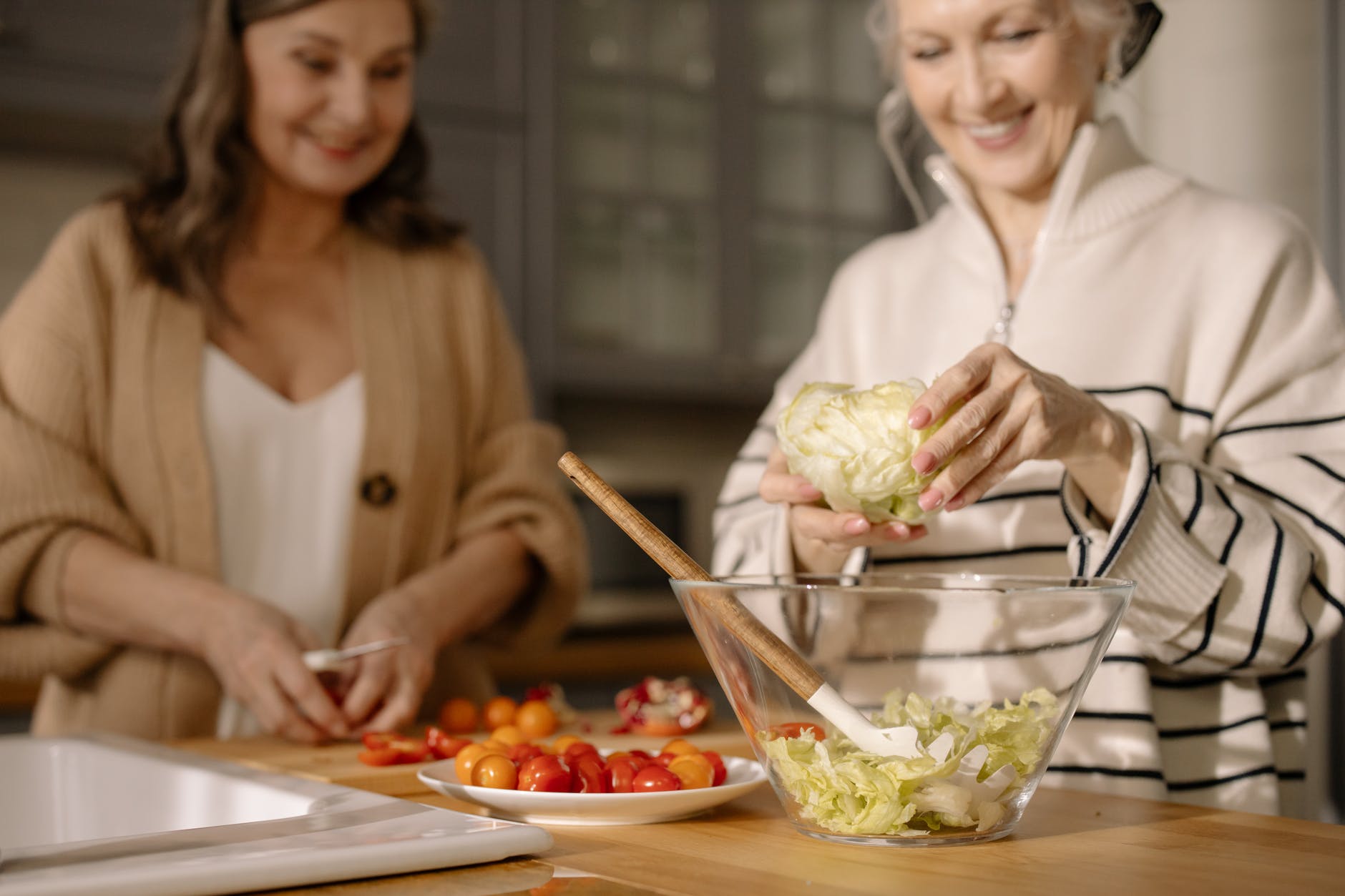Home Care Assistance Montreal is the only home care solution offering an innovative, science-based approach to aging. We elevate the standard of care for seniors everywhere. In “Care Diaries,” we feature heartfelt stories from Canadians telling their current life stories about the reality of caring for a loved one.
“It was good to meet the GP and get a baseline understanding of how my dad’s doing. The doctor really took the time to go through everything with us and suggest more blood tests to do soon,” Rose explains. “We were also just finally able to get him in to the eye doctor, which had been slow because of the pandemic, too. I think as the primary caregiver, it gave me confidence to see the specialists and understand whether there’s anything new to be concerned about.”
Their family isn’t alone. Staying focused on general health hasn’t been easy over the last two years. As COVID-19 continues to dominate headlines and strain the healthcare network, many families have struggled under the burden of delayed procedures, screenings and more. That’s especially poignant for seniors who may be at higher risk of certain age-related ailments or conditions.
The good news is, prioritizing a handful of key check-ins with your loved one can reveal anecdotal insight into how they’re doing. It can also shine the spotlight on possible red flags requiring more immediate attention, like a call to the doctor or fulsome testing.
Asking these key questions as you and the seniors in your life countdown to spring can be a good way to stay on top of any changes that might be cause for concern:
- What’s the general mood like at home? A person’s mood offers up a number of different signs about how they’re doing mentally and physically. Have you noticed any changes in the way your loved one behaves, responds to questions, or acts? When you inquire as to how they’re feeling, what do they say? Paying attention to big swings, variations or changes in mood can help ensure you’re not missing signs of a developing problem like depression, anxiety or even Alzheimer’s disease.
- How’s their mobility? A lot can change in a short amount of time, especially for seniors. Carve out a few minutes to tune into any mobility changes. Are they walking as easily as before? Can they navigate different hallways, steps and rooms as well as a few months ago? Finding ways to stay active—either through safe, at-home exercises, walks, or other suitable activities is hugely important in keeping seniors mobile. It can also build resilience against falls, which frequently lead to injuries among older demographics. Watch for any changes in mobility to head trouble off at the pass, and glean insight into any possible sources of pain.
- Is their physical appearance changing? Keeping an eye on physical signs that something might be up is important, particularly if you don’t live together. How is your loved one’s hygiene? Are they dressing themselves efficiently and appropriately? Are you noticing any unexplained weight loss? On the one hand, these can be signs that they may need a little more help and caregiving support. On the other, these indicators could point to bigger issues like an underlying condition or malnutrition. If you’re concerned, raise it with the doctor.
- Are we spotting any signs of dementia or Alzheimer’s disease? Everyone has a ‘senior moment’ now and again. But forgetfulness that becomes consistent, begins to interfere with daily life, or gets worse over time can be a sign of dementia. Familiarize yourself with the most common signs of dementia and Alzheimer’s disease. Then, be mindful of any memory loss that appears as more than fleeting forgetfulness.
Closing thoughts
There are lots of ways to stay on top of senior health and wellbeing, even as the pandemic continues to complicate things. Use time together with your loved one to periodically ask yourself these four questions. If you feel unsure about the answers, don’t wait. Touch base with a healthcare provider now.

